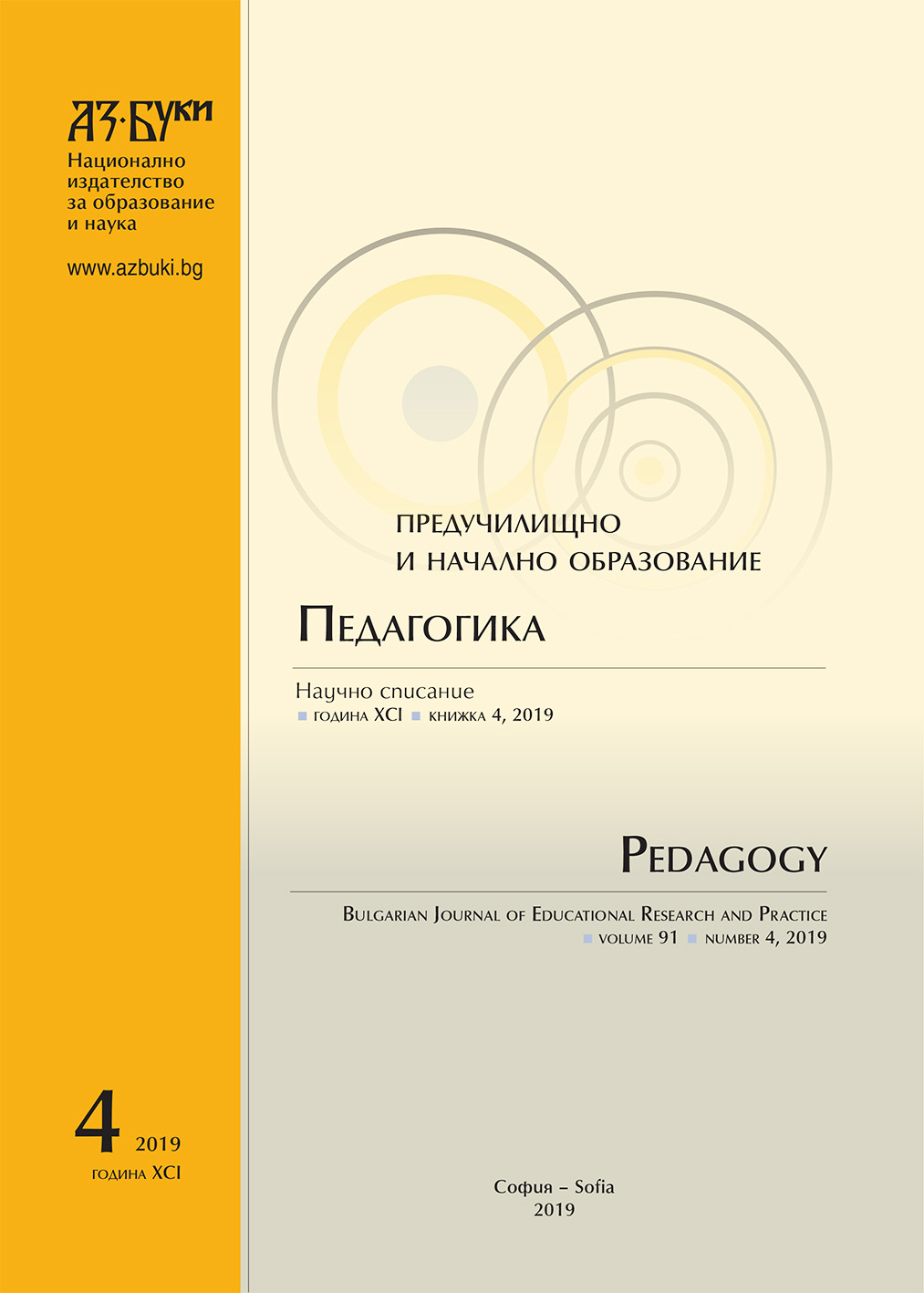Teachers’ Beliefs in the Triangle of Professional Self-Assessment, Perception of Self-Efficacy and Perception of Achievement in the Qualification Procedure
Teachers’ Beliefs in the Triangle of Professional Self-Assessment, Perception of Self-Efficacy and Perception of Achievement in the Qualification Procedure
Author(s): Ida ZagyvánéSubject(s): Social Sciences, Education, Sociology, School education, Vocational Education, Adult Education, Higher Education , Educational Psychology, Evaluation research, Economic development, Sociology of Education
Published by: Национално издателство за образование и наука „Аз-буки“
Keywords: self-assessment; teachers’ self-efficacy; professional development
Summary/Abstract: The Hungarian Teacher Career Model including summative assessment of teachers’ performance and functioning as a qualification procedure initiated our research investigating the interrelationships among teachers’ self-assessment, self-efficacy beliefs and perception of achievement in the qualification procedure. In the frame of quantitative research design our two hypotheses were proved by statistical evidence. We can claim that Teachers’ self-efficacy beliefs contribute to their professional self-assessment but only in case of some professional competences. Evidence has been provided to prove that it is the work with students that counts for teachers to feel professionally effective. Supporting students with proper teaching methods, considering their individual needs and building their community mean for teachers to be good at their profession. It has also been supported that Teachers’ achievement assessed by and independent group of professionals is important but not the most important source of teachers’ professional efficacy beliefs. These beliefs similarly to self-assessment are rooted in perception of quality work with students. All these facts have convinced us that it is the student’s development that serves as the main standard for Hungarian teachers to assess their professional work. If we want to bring standards of qualification procedure (summative assessment) closer to standards of teachers’ self-assessment, we should involve “clients” views and beliefs” in professional standards and help them compare their performance to those standards
Journal: Педагогика
- Issue Year: 91/2019
- Issue No: 4
- Page Range: 570-587
- Page Count: 18
- Language: English
- Content File-PDF

